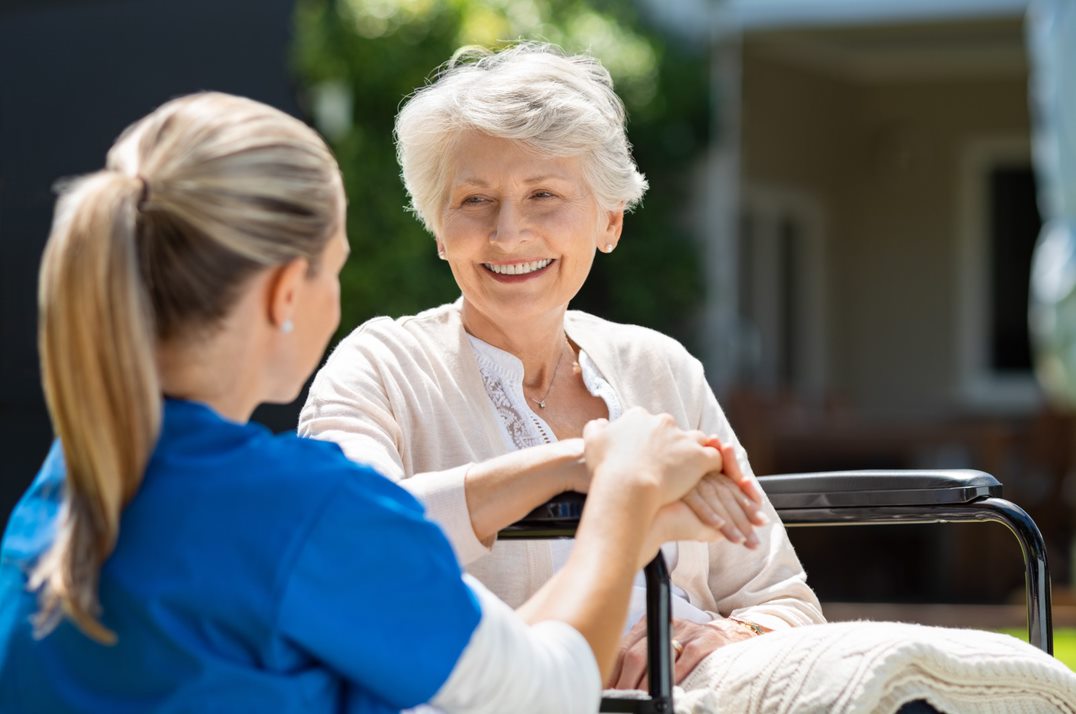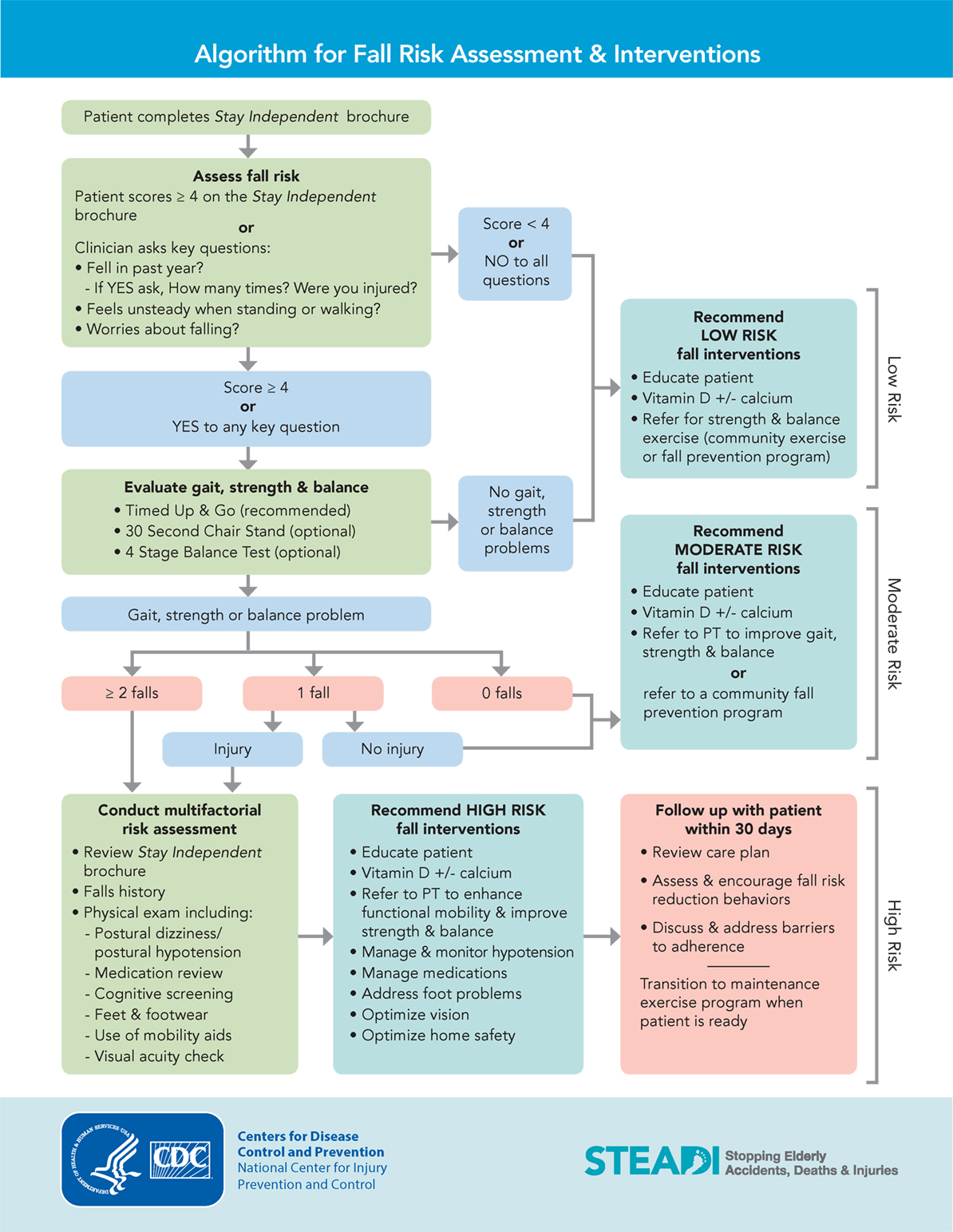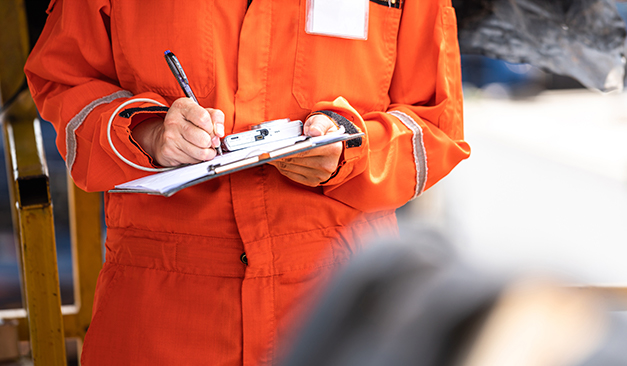The Main Principles Of Dementia Fall Risk
The Main Principles Of Dementia Fall Risk
Blog Article
The Best Guide To Dementia Fall Risk
Table of ContentsDementia Fall Risk Things To Know Before You Get ThisThe Basic Principles Of Dementia Fall Risk Dementia Fall Risk Can Be Fun For EveryoneDementia Fall Risk Can Be Fun For EveryoneSome Known Factual Statements About Dementia Fall Risk
The FRAT has three areas: fall risk standing, risk variable list, and action strategy. A Fall Threat Standing consists of information about history of recent falls, medications, psychological and cognitive status of the person - Dementia Fall Risk.If the person scores on a threat factor, the corresponding variety of points are counted to the individual's loss risk rating in package to the much right. If a client's fall threat score amounts to five or higher, the person is at high risk for falls. If the individual scores only four points or reduced, they are still at some risk of falling, and the nurse should use their ideal clinical analysis to handle all loss threat factors as component of a holistic treatment strategy.
These standard methods, in basic, help create a secure setting that reduces accidental drops and marks core precautionary steps for all clients. Signs are crucial for patients at risk for falls.
The Best Strategy To Use For Dementia Fall Risk
Wristbands need to consist of the person's last and very first name, date of birth, and NHS number in the UK. Only red shade must be utilized to indicate unique client status.
Things that are as well much may need the patient to connect or ambulate unnecessarily and can potentially be a hazard or add to drops. Helps protect against the person from heading out of bed without any kind of aid. Registered nurses react to fallers' phone call lights more quickly than they do to lights initiated by non-fallers.
Aesthetic problems can significantly trigger drops. Hip pads, when worn appropriately, might lower a hip crack when fall happens. Maintaining the beds closer to the floor minimizes the threat of falls and significant injury. Placing the mattress on the flooring dramatically minimizes loss threat in some healthcare setups. Reduced beds are made to lessen the range a client falls after moving out of bed.
The Buzz on Dementia Fall Risk
Individuals who are tall and with weak leg muscular tissues that try to rest on the bed from a standing setting are likely to drop onto the bed because it's as well low for them to reduce themselves securely. If a high patient attempts to get up from a reduced bed without assistance, the person is most likely to fall back down onto the bed or miss the bed and fall onto the read here flooring.
They're developed to advertise timely rescue, not to avoid falls from bed. Apart from bed alarm systems, increased supervision for risky patients also might assist protect against drops.

People with a shuffling stride boost fall possibilities dramatically. To minimize autumn threat, shoes should be with a little to no heel, slim soles with slip-resistant step, and support the ankles.
Dementia Fall Risk - Truths
Individuals, particularly older grownups, have decreased aesthetic capacity. Illumination an unknown atmosphere aids enhance presence if the individual must stand up during the night. In a research study, homes with adequate illumination report fewer falls (Ramulu et al., 2021). Enhancement in illumination in the house might reduce fall prices in older adults (Dementia Fall Risk). The use of gait belts by all health treatment carriers can promote safety when aiding clients with transfers from bed to chair.

Caretakers are reliable for ensuring a secure, safeguarded, and risk-free setting. Research studies showed extremely low-certainty evidence that sitters reduce loss danger click to investigate in severe care medical facilities and just moderate-certainty that options like video clip tracking can reduce sitter use without increasing loss threat, suggesting that caretakers are not as beneficial as originally believed (Greely et al., 2020).
Dementia Fall Risk Fundamentals Explained

Enhanced physical fitness decreases the danger for falls and restricts injury that is received when autumn transpires. Land and water-based exercise programs might be in a similar way useful on balance and gait and therefore decrease the danger for falls. Water workout may contribute a favorable benefit on balance and gait for females 65 years and older.
Chair Surge Exercise is a simple sit-to-stand workout that assists strengthen the muscle mass in the thighs and buttocks and improves mobility and freedom. The goal is to do Chair Increase workouts without making use of hands as the customer becomes stronger. See sources section for a thorough direction on how to perform Chair Increase workout.
Report this page